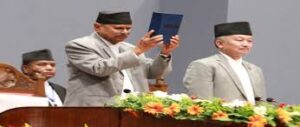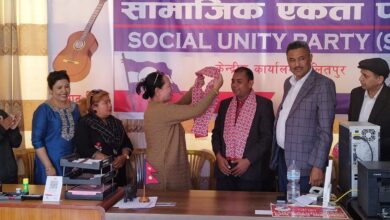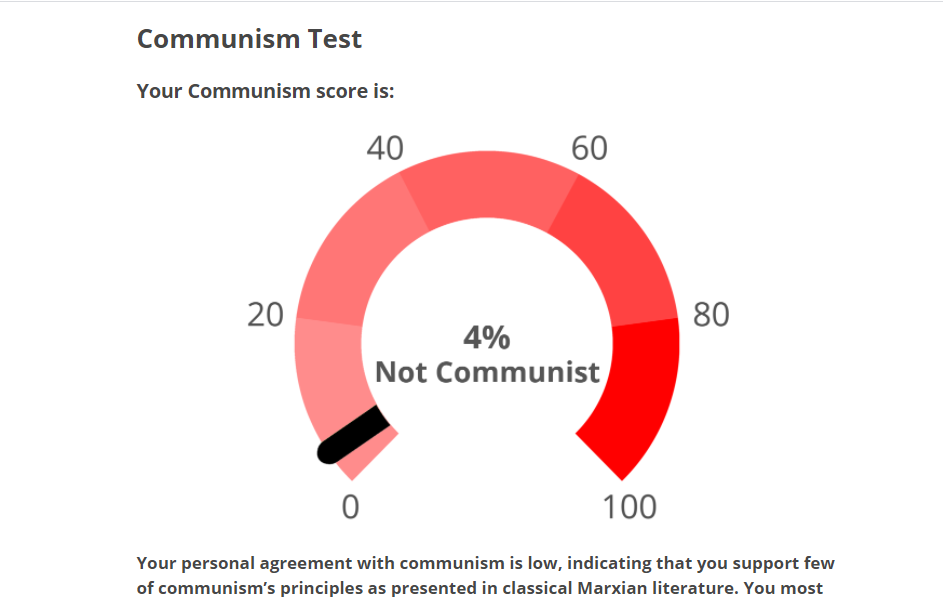Panopticons, Plethora of Bills Curbing Expression, and Dictatorial Paranoia in Nepal

June 04-

As one concerned with an individual’s freedom of conscience and expression, I have profound concern regarding the numerous ways Nepal as a state seems to be curbing fundamental rights of freedom in the long run- not only because of an incumbent communist government, but also the way the citizens are being conditioned to accept and obey the power that be without adequately questioning the rationale behind the decrees of the government.
Let’s look into the codes and bills, and what would be more concerning than the provision in the constitution itself that, among other totally acceptable designations like Federal Secular Republic, Nepal is a socialism-oriented state!
Nepal is defined in Article 4 of the Constitution as an “independent, indivisible, sovereign, secular, inclusive, democratic, socialism-oriented, federal democratic republican state.”
Which in Nepali reads: ४. नेपाल राज्यः (१) नेपाल स्वतन्त्र, अविभाज्य, सार्वभौमसत्तासम्पन्न, धर्मनिरपेक्ष, समावेशी, लोकतन्त्रात्मक, समाजवाद उन्मुख, संघीय लोकतान्त्रिक गणतन्त्रात्मक राज्य हो । (For those who want to check the English version against the original Nepali.)
The same Article also tries to naively explain away ‘secularism’ as something unique to Nepal in terms of its definition so as to blatantly serve the interest of the majoritarian religion, but this demands a separate treatment. Suffice it to note here now that this Article 4 is rife with at least 2, and at most half a dozen contentious designations of Nepal as a state- depending on which political and religious ideology one comes from. Yet, even to one totally open and receptive of republicanism and freedom of citizens, at least two of the designations stand out untenable, unacceptable without some pinch of salt!
Here goes the stealthily inserted explanation of secularism in Nepal:
Explanation: For the purposes of this Article, “secular” means religious, cultural freedoms, including protection of religion, culture handed down from the time immemorial.
स्पष्टीकरणः यस धाराको प्रयोजनको लागि “धर्मनिरपेक्ष” भन्नाले सनातनदेखि चलिआएको धर्म संस्कृतिको संरक्षण लगायत धार्मिक, सांस्कृतिक स्वतन्त्रता सम्झनु पर्छ ।
Thus, the the phrase ‘time immemorial’ only, clearly, and pragmatically suits the interest of the adherents of Hindu religion.
Link of the Constitution here: http://adhikpost.com/wp-content/uploads/2021/06/Constitution-of-Nepal-_English_-with-1st-Amendment_2_0.pdf

How does the inclusion of definition of Nepal as a ‘socialism-oriented’ state raise red flags? Apparently, he first red flag is that socialism has always been the flag ship identity-hood carrying term for all ‘Communist’, one-party dictatorships, be it Venezuela or China. This paves the road finally for total state control, where even the thoughts and expressions of the individuals can be curbed, programmed and plied. This was what George Orwell had already so prophetically portrayed in 1944. Anybody who does not see this road down the road is either a die-hard communist, or dishonest.
Next, with this solid constitutional backing, there are other Bills which seem redundant in a democratic republic.
In February 2019, the Information Technology (IT) Bill was proposed in the house of representatives.
The provisions in the IT bill allows the government to remove content from the internet that is immoral, indecent and derogatory with no explanation or specification on what these words mean.
Some Problems with the Bill
- The vague definitions with wide scope of interpretations of offences that aims to control and instill fear among public while criticizing government or state authorities on internet-based platforms.
- The ridiculously stricter punishment for the offences (for example, punishment for writing offensive comments on social media is higher than punishment for rape attempt.)
- Government control over appointment and dismissal of the judged of the court to oversee cyber-crime which violates the fundamental principle of independent judiciary which shall remain free from government interference and influence.
In May 2019, the government registered the Media Council Bill in the upper house of parliament with provisions that would muzzle freedom of expression through printed and online media. Under Section 18, the Council will have the power to impose fines of up to one million rupees (approximately 9,000 USD) if a journalist is found guilty of libel or defamation, which is also punishable under the criminal code. According to international human rights standards, defamation should be treated as a matter for civil litigation, not criminal.
Also, the same year, the government drafted the Mass Communication Bill which includes provision of even harsher sentencing and fines to journalists with up to 15 years of imprisonment if found guilty of publishing or broadcasting contents deemed to be against sovereignty, territorial integrity and national unity, as per section 59 of the draft bill.
Similar provisions can be found in the Media Council bill, Advertisement Regulation Act, Electronic Transactions Act and The National Penal (Code) Act.
What is the most problematic with these bills is that they do not concretely define terms such as immoral, ethical and decent which leaves a lot of grey areas for the authorities to misinterpret them. Secondly, the offences in such bills are placed under the rubric of Criminal Code, as if any social media posting or expression of opinion were criminal and deadly, harming a person physically!

Now, let’s consider these issues in light of the global trends and practices. The government trying to get access into the most private life of the citizen was taken to a climax in the 19th century with the construction of prisons where a single prison custodian could watch over all the inmates from the top of the prison, laced with glasses.
English sociologist Jeremy Bentham came up with this ideas of the panopticon- a type of institutional building and a system of control which allows all prisoners of an institution to be observed by a single guard, without the inmates being able to tell whether they are being watched. Thus, it was hoped they would behave properly, not knowing who is being watched over! The Nepal government seems to be walking the same road, thinking that with multiple coeds in place, the citizens would behave themselves for fear of harsh punishment. And no voice and/criticism will be raised the government!
But how or why would all this translate into a dictatorial paranoia, as the scribe himself often claims, and he is not alone in this claim- many rights-based entities and individuals fear the same in recent years. And looking at the way the incumbent PM Oli is trespassing constitutional provision and the spirit of constitutionalism in a row, this paranoia seems not so far-fetched, not so paranoid a fear after all.
Designating sites prohibited even for peaceful gathering and/or protests, vague but un-proportionately harsh media and electronic laws, and the the country being under socialist/communist seize in the constitution and in the executive branches- this all makes the scenario all the more menacing.
Unfortunately for the geopolitics of Nepal, both the northern communist China, and the southern India ruled by Hindu jingoist BJP are unfriendly to a democratic republican and free Nepal. Both would benefit from a dictatorship whether a dynasty-based (monarchy) or a puppet communist dictatorship!
At such times, it would be only proper to learn lessons from history, and keep vigilant- for the price of liberty is eternal vigilance.


